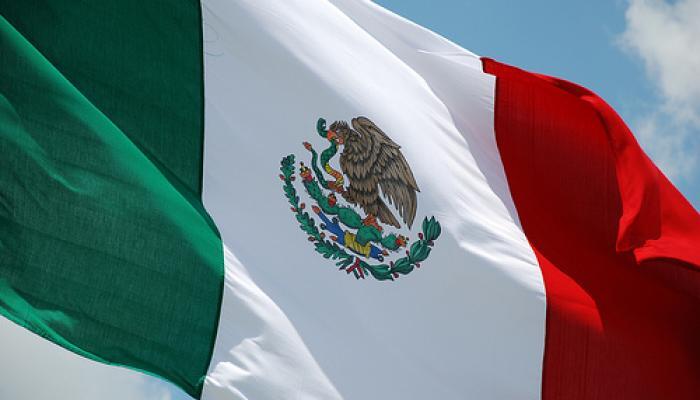Mexico City, February 6 (RHC-teleSUR), -- A collection of Mexican human rights organizations, grassroots groups, and social movements issued a public letter Wednesday to the Mexican Congress to take definitive steps to end the practice of torture in the country, which has been described as “widespread” by the United Nations.
“Torture has been used by the Mexican government for a long time in order to obtain information (and) confessions, punish, and sexually assault and reduce the humanity of thousands of people living in or passing through Mexico,” read the first line of the letter signed by over two dozen groups.
The organizations expressed regret that, despite regular meetings with the office of the presidency, the anti-torture bill proposed by President Enrique Peña Nieto fell far short of their expectations.
According to the letter, Peña Nieto submitted his draft of the bill to the congress without consulting the organizations that had been accompanying the development of the bill.
Human rights groups had been meeting with the Office of the Attorney General of the Republic since October 2015 and had reached a series of agreements regarding the inclusion of minimum international standards in the bill that would ensure the legislation would indeed lead to end of the practice of torture in Mexico.
The organizations argue that an effective anti-torture law must include a number of protections and measures as pillars of its framework, among them: the elimination of the use of confessions or proof secured via torture; independent and expert investigation of torture allegations; and consequences for high-ranking officials who condone torture.
The letter also expresses concern that the National Mechanism for Prevention of Torture would operate under the auspices of the Ombudspersons Office, which the groups alleged has done little to reduce the use of torture within Mexican institutions.


